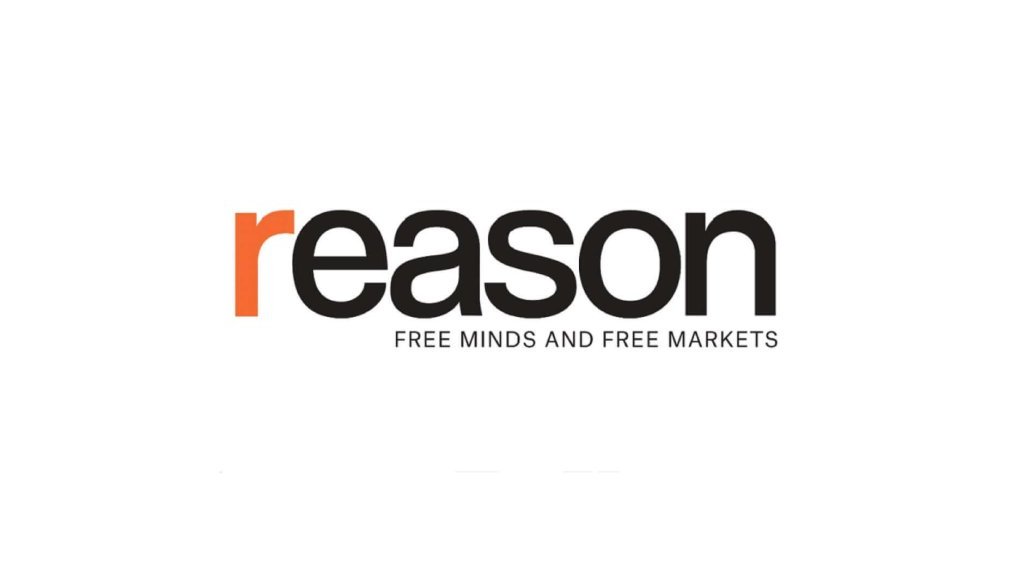Short Circuit: An inexhaustive weekly compendium of rulings from the federal courts of appeal
Please enjoy the latest edition of Short Circuit, a weekly feature written by a bunch of people at the Institute for Justice.
New on the Short Circuit podcast: The eternal return of a qualified immunity case plus the long shadow of Judge Bork’s VHS rentals.
- Come for the D.C. Circuit smackdown of a NEPA challenge to a decade-long, ultra-voluminous environmental review that the court already signed off on once. Stay for Judge Randolph’s tutorial on “Knightian uncertainty,” and what it means for the possibility of quantifying carbon impacts of natural-gas exports from Alaska.
- Man buys NYC house in 2014. When he goes to sell it in 2021, he discovers (for the first time) a $1,000 penalty from the city for failing to file a report about a boiler that had been removed before he bought the house. City: A third-party contractor’s third-party contractor mailed the violations in 2015, so he probably got it then and should’ve filed suit several years ago. Man: I did not get it. Second Circuit: Good enough for government work. (This is an IJ case.)
- Buckle up for a Fourth Circuit judge-on-judge benchslap! It stems from a man’s guilty plea for robbing a gas station and his plea’s appeal waiver. Rather than explain what the waiver meant, detail its scope or exceptions, and probe to see if the man understood what he was waiving, the district court “decided 12 years of [his] life in 13 minutes.” This is the “regular practice of the district court” knowing that it is generally shielded by appeal waivers, and is a “miscarriage of justice that cannot remain unaddressed.” The man gets new sentencing in front of a new judge.
- It’s no secret that IJ and Fourth Circuit Judge Harvie Wilkinson III haven’t always seen eye-to-eye over the years. We’ve disagreed with his abdication in zoning cases. Been at odds over civil forfeiture. Taken differing views on judicial protection of economic liberty. And repeatedly called out his book’s endorsement of “ultra-deferential judicial restraint.” But on this Good Friday we are extremely pleased to bring good news of judicial engagement from him to you (and the Executive Branch) in the context of disappearing people to foreign prisons: “We yet cling to the hope that it is not naïve to believe our good brethren in the Executive Branch perceive the rule of law as vital to the American ethos.”
- Prisoner alleges repeated abuse from prison officer. He first files a complaint with Bivens claims against several individuals but separately files a complaint with FTCA claims against the U.S. He loses in both cases but only appeals the Bivens case. Fourth Circuit: Oops! The FTCA loss means there’s a “judgment bar” on the Bivens claims.
- Man built a pharmacy focusing on compounded drugs. Kickbacks involving federally reimbursed drugs are illegal. To avoid tripping that wire, the man restructured his business and converted those marketing drugs from independent contractors to W-2 employees. Marketers continued to offer incentives to physicians to write prescriptions, and the marketers received commissions tied to prescription value. Jury: That’s a kickback. F
Article from Reason.com

The Reason Magazine website is a go-to destination for libertarians seeking cogent analysis, investigative reporting, and thought-provoking commentary. Championing the principles of individual freedom, limited government, and free markets, the site offers a diverse range of articles, videos, and podcasts that challenge conventional wisdom and advocate for libertarian solutions. Whether you’re interested in politics, culture, or technology, Reason provides a unique lens that prioritizes liberty and rational discourse. It’s an essential resource for those who value critical thinking and nuanced debate in the pursuit of a freer society.




